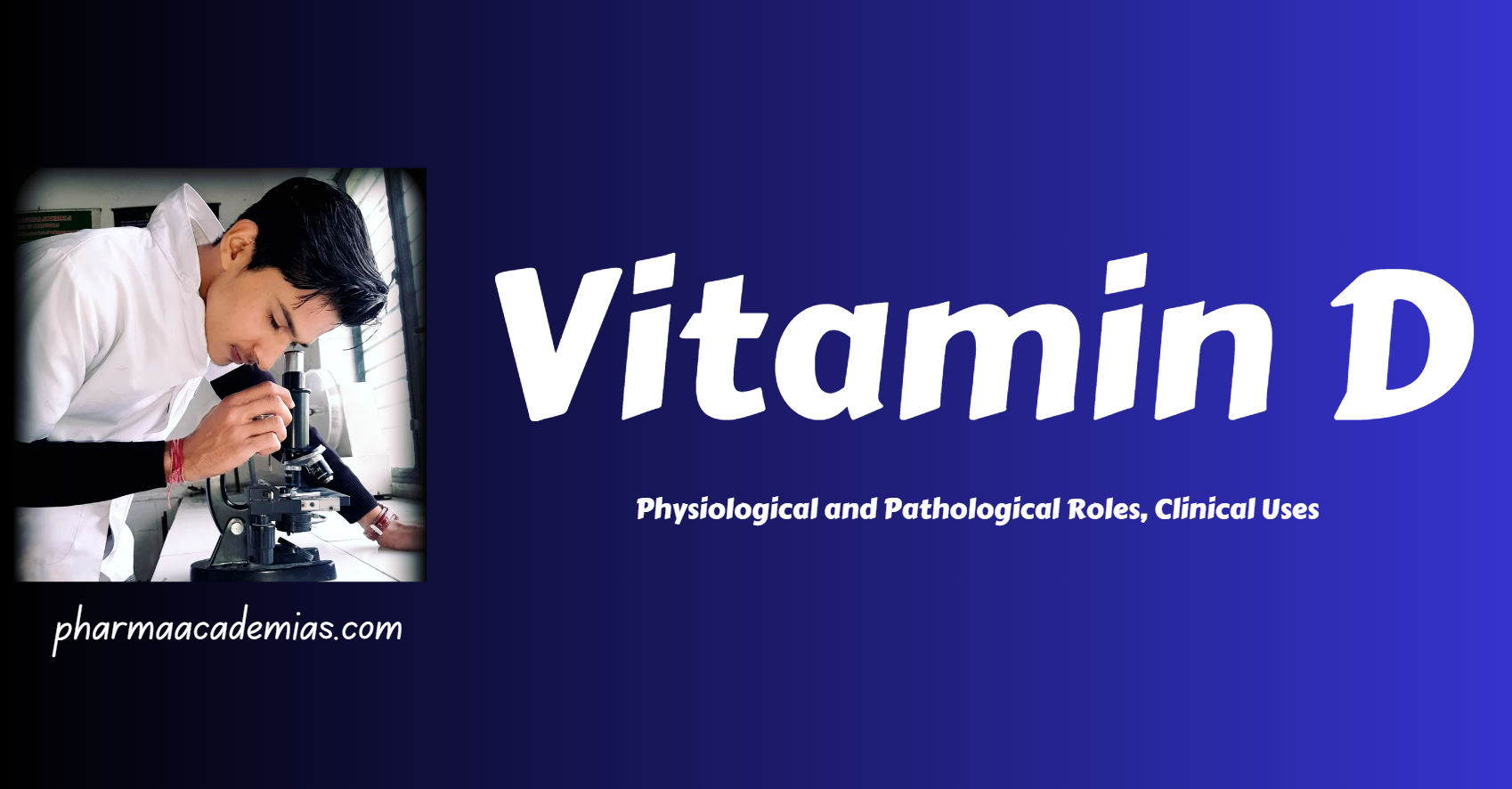Deficiency Diseases of Fat- and Water-Soluble Vitamins
Introduction: Deficiency diseases occur when the body does not receive adequate amounts of essential nutrients, leading to impaired physiological functions and the development of specific health conditions. Fat-soluble vitamins (A, D, E, K) and water-soluble vitamins (B-complex vitamins and vitamin C) are vital for various metabolic processes, and deficiencies in these vitamins can result in … Read more



